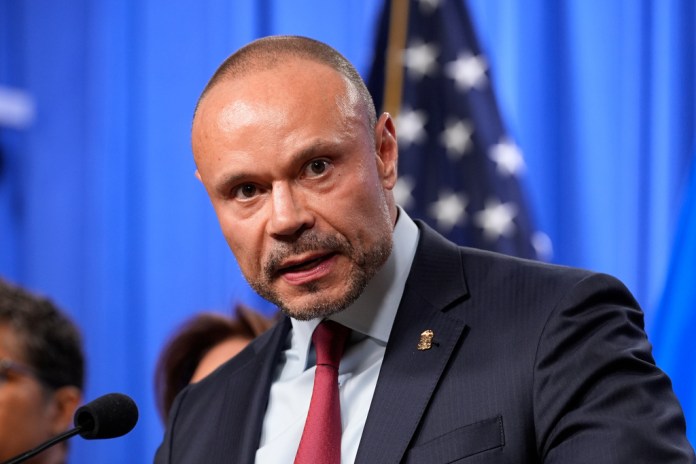End the National Emergency and Public Health Emergency Declarations
The National COVID-19 Emergency, first declared by President Trump in March 2020 in response to the COVID-19 pandemic, was formally extended a second time by President Biden on February 18, 2022 and will come up for a third consideration by Biden in February, 2023.
In January 2020, the U.S. Department of Health and Human Services (HHS) declared a public health emergency (PHE) in response to the outbreak of COVID-19. Public health emergency declarations ease certain laws and regulations to make it easier to address the emergency and allow some federal grant money to flow toward addressing the emergency. A PHE is a lesser event than a national emergency, which triggers a rapid outlay of federal money to address the emergency. National emergencies also give great unliteral power to the president, allowing the president to do things such direct flows of money from the national treasury, deploy the national guard, etc.
From a clinical point of view from a physician who has treated COVID-19 from the very beginning, a PHE would be evident if hospital capacity was exceeded by COVID-19 patients and care could not be provided to other patients with urgent problems. As a general rule this would be >15% occupancy by COVID-19 patients. From that perspective, the COVID-19 PHE ended in January, 2021 once hospital capacity ramped up to meet demand. I checked the CDC website and the weekly cases of COVID-19 has maintained its unimpressive pattern of oscillations while hospitalized cases are about 5000 well below that 15% threshold of about 130,0000.
Emergency declarations have allowed for prepurchase of vaccines, government coverage of COVID-19 health care costs, Medicaid expansion, and Emergency Use Authorization of diagnostics, drugs, and vaccines without full FDA approval.
Throughout US history there has been a reluctance by the executive branch to end national emergencies and relinquish power. After investigations of abuses of power in prior years, the House agreed to a Senate amended bill, and President Gerald Ford signed the National Emergencies Act into law on September 14, 1976. This act was designed to restore the checks and balances of power and end emergencies. On two occasions, March 3, and November 15, 2022, the Senate voted 48-47 and 62-36, respectively, to end the national emergency declaration nearly three years after it was invoked. The House did not pick up the bills and the Biden administration said it would veto any attempts to end the emergency declaration. Would former President Trump have ended it? Why hasn’t any reporter asked him that question now?
As for the PHE controlled by HHS, twenty-five Republican governors have signed a letter asking President Joe Biden to direct HHS to end it, saying “it is time we move on from the pandemic and get back to life as normal.” A main reason for this move is to end the expansion of Medicaid provisions and get state budgets back into alignment.
I summary, both national emergencies and PHE are power grabs that facilitate unchecked decisions and flows of money fostering corruption and continued desire to extend the declarations. The House and the Senate figured this out back in the 1970’s and found a legislate way of ending them. Until these declarations are dropped, we will continue to careen out of control on health policy, pandemic response, corruption, and fiscal irresponsibility. The most important question you can can ask a lawmaker, governor, or president or candidate: “Are you in favor of dropping the emergency declaration and PHE? If not why?
Reposted from the author’s Substack
References
November 22, 2022 Senate Approves Resolution to End COVID-19 National Emergency Declaration
Views expressed in this article are the opinions of the author and do not necessarily reflect the views of The Epoch Times. Epoch Health welcomes professional discussion and friendly debate. To submit an opinion piece, please follow these guidelines and submit through our form here.
" Conservative News Daily does not always share or support the views and opinions expressed here; they are just those of the writer."







